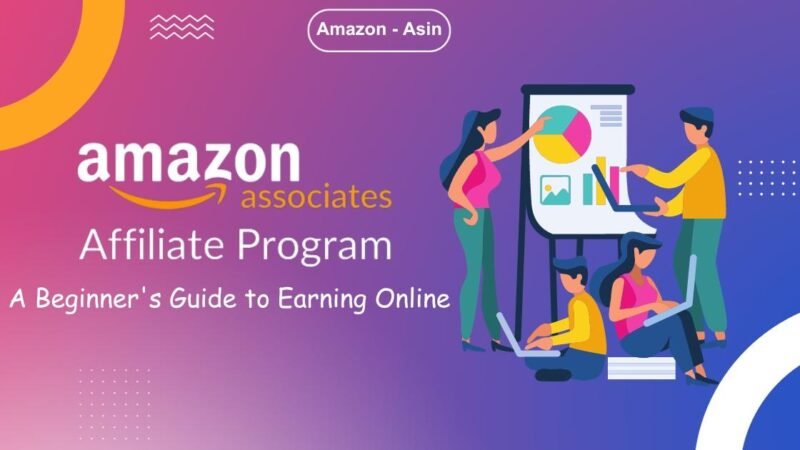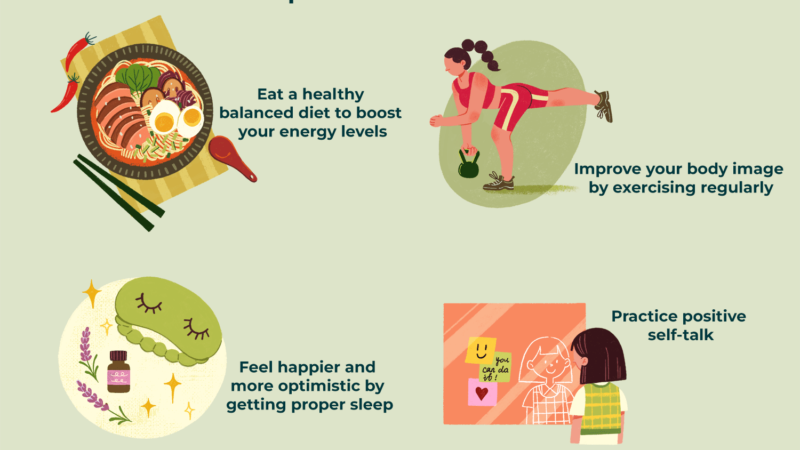Tips for successful online learning

If you are new to online learning, first of all, we welcome you. Learning online is a great way to increase your knowledge and skills in a unique and flexible environment with its own strengths and opportunities.
Whether you’re trying online classes for the first time or looking for ways to strengthen your current habits and approaches, there are a few key areas you should consider to set yourself up for success and make the most of all that online courses and programs have to offer. offer you.
In this blog of online learning tips and best practices from our team of learning designers, industry experts, and other students, we’ll share tips and strategies to help you succeed in your learning, including ways to:
- Get the most out of your learning
- Keep your mind and body healthy
- Effectively manage your time and minimize distractions
- Forge connections with your virtual learning community
- Master the logistics part
“Success in learning depends on good study habits and methods, not on innate ability”
Tips for online learning
“I realized that some of the best students have very good study habits and methods. I used to think that success in learning depended on some innate ability, but then I realized that the techniques you use are even more important” said Olav Shewe, CEO of Educas and Learn Like a Pro instructor at edX.
Learning strategies
In our modern learning landscape, there is an abundance of content on just about any topic to watch, read, and listen to. To get the most out of online learning, make sure you develop new knowledge and skills in a way that you can retain, repeatedly apply, and adapt to new contexts.
- Do Your Part – Leverage established principles of practice, application, and reflection from the science of learning. To ensure that your newly learned knowledge and skills stick with you, it is important to repeatedly practice skills, apply knowledge in different contexts, and reflect on what you have learned, especially as you practice and apply it in new settings. A well-designed learning experience will give you opportunities to practice, apply and reflect, but you can reinforce your learning outside of a class by connecting it to your everyday life and work.
- Video Strategies – For recorded videos, pause them and write a short summary of what you’ve heard in the notes every few minutes. For live video, especially if the video is available for later viewing, avoid taking notes. Pay attention to what you are hearing and participate in the discussion to keep your focus. Raise your virtual hand or ask a question in the chat.
- Take advantage of video groups – If offered, these (live) small group discussions will give you the opportunity to hear other perspectives or review challenging material as a group.
DID YOU KNOW?
Research shows that watching a video twice doesn’t have the same impact as spending the same amount of time applying, discussing, thinking, and writing about what you’ve learned.
 self care
self care
Self-care is important to a successful learning experience. A healthy mind (and a healthy body) is a mind ready to learn.
- Define your learning needs – Ask for flexible ways to participate in class that work for you. This is important for students who require specific accommodations, such as a note taker or extended testing time, it can also be important for all students.
- Schedule breaks : get up and walk, go outside, schedule your distractions, don’t forget to move. There are plenty of apps out there to keep you on task, as well as remind you to get up and take breaks, and turn off notifications for those that distract you.
- Maintain healthy habits – Your brain, like your body, needs rest and exercise. Sleep, stay hydrated, go out, eat well.
![]() Time management
Time management
One of the biggest benefits of online learning is flexibility, but too much freedom can bring new challenges. Avoid procrastination and find ways to structure and optimize your time to learn better (when and where) and keep your learning on track.
- Track deadlines – Add due dates to a calendar so you don’t miss important deadlines.
- Minimize distractions – As much as you can, minimize distractions in both your physical environment and your digital environment. Close web browser windows that are not relevant to your learning, keep the TV off, etc.
- Set aside time to learn – This doesn’t mean you need to find four-hour blocks, three days a week. Online learning is designed to be modular and flexible. You can find 15 minutes to watch a short video lecture and write a three-sentence reflection post. But of course other learning activities will require more time. Be planned and spend time learning as you would to exercise or spend time with friends.
“The courses are built so that you can watch the videos and then go back to doing the hands-on activities. I worked nights and weekends, and it was great not necessarily having to sit down and focus for a long period of time,” said Courtney , an edX student who completed NYUx’s MicroBachelors Introduction to Databases program .
 Social learning and community
Social learning and community
Online learning offers connections with both world-class professors and a global community of passionate peers. Find ways to connect with these rich learning communities, from participating in forums to networking with your peers.
- Keep your instructor informed – Ask your instructor for help when you need it, let them know if you’re sick, can’t log in, etc.
- Meet and interact virtually with your fellow learners: You are not alone! Introduce yourself, answer questions posted by the instructor in the discussion forums, and respond to peer posts.
- Create a social media group – In addition to forums, create a different space, like a Facebook group or WhatsApp chat, for you and your classmates to connect, share interests, and support each other.
- Create virtual study groups – Keep the line open and find ways to connect with your fellow learners in small study groups. Video chat apps are a great way to do this.
- Give and expect respect – Especially during asynchronous communication like discussion forums and email, it can be easy to misunderstand someone’s meaning. Like you, your peers are real people. Do your part to foster a respectful and caring community.
 Logistics
Logistics
Last but not least: logistics. Mastering the details of your learning experience can go a long way.
- Make relevant information easily accessible – Collect the phone numbers, email addresses, and support links for your institution in one place, so if you need it, you don’t have to spend a lot of time looking for it. For example, who are the teaching assistants for the course and how do you contact them? If you have technical problems, which department do you contact?
- Have the technology ready – If the course requires video conferencing software, download the app and try it out well before you start a live conference. If assignments are uploaded to a cloud service (eg Google Drive, Dropbox), please make sure you have the necessary account details or access the information before the deadline.
- Minimize reliance on WiFi – If possible, use an ethernet cable and download course materials to work offline. Many online courses also work on mobile devices, but others don’t. Have a plan for Internet access.
- Always save your work – Save your work locally on your computer and/or in the cloud where you can easily access it. For example, write essays in a word processing application or in an email to yourself, then copy and paste your work into the course’s LMS (learning management system) to turn in your assignment.
start learning
Looking for more strategies for online learning success? Learn about online learning as you experience it: Take our How to Learn Online course , where you’ll dive into some of the most powerful techniques, backed by science, that you can start using right away and on any learning platform.
In your learning process you will get to know the best way in which you learn, which will help you achieve your learning objectives more quickly. You can benefit from educational technology, for example through the internet and virtual education you can access virtual learning and content from different educational institutions, and you can take high-quality courses at your own pace. More and more new technologies are driving distance education and e-learning.
Traditional education (face-to-face courses) can benefit from information and communication technologies, since they enhance collaborative learning and interactivity. For example, a campus class can include teaching materials from online courses from recognized higher education institutions, for students to discuss and work together.
Explore edX’s online courses and programs in a wide range of topics, maybe you’ll find your new career path, knowledge you can apply in real time. More tips and inspiration in our edX online student story collection, and share your own tips in our Instagram stories and Facebook group .






